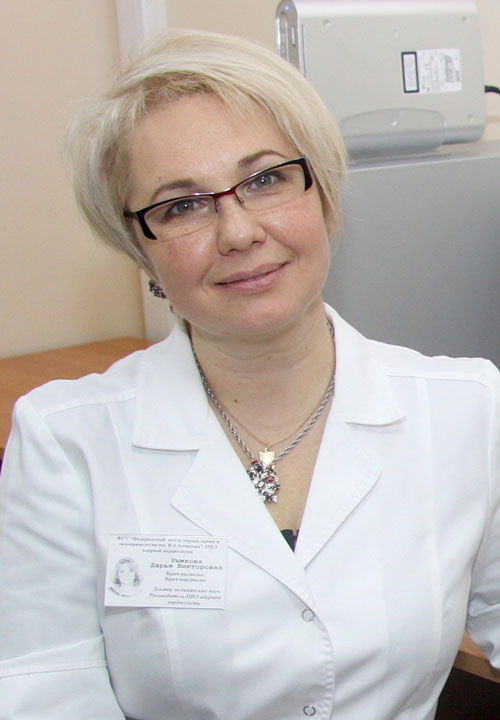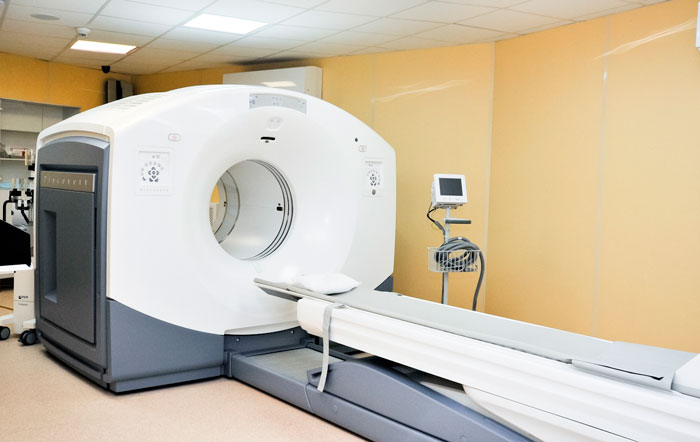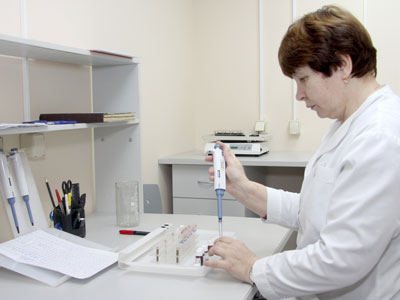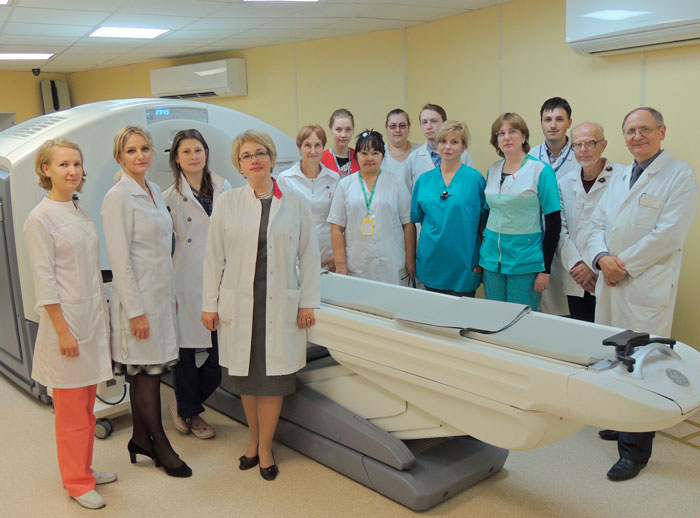Department of Radioisotope Scanning and Positron Emission Tomography (PET/CT)
| Highly qualified radiologists of the Department of Radioisotope Scanning and Positron Emission Tomography (PET/CT) and the Department of Nuclear Medicine and Theranostics with Radiopharmaceutical Development Group perform radioisotope scanning to screen for internal diseases. The Department of Nuclear Medicine and Theranostics with Radiopharmaceutical Development Group provides scientific guidance and diagnostic quality assurance.
Radioisotope scanning is a modern imaging technique based on the use of radionuclide-labeled chemical compounds. It is used in almost every area of medicine. This method differs from other diagnostic imaging services such as ultrasound, X-ray, CT and MRI in that it is able to assess the functional state of organs and tissues, cell metabolism and receptor status. Three major diagnostic modalities are:
|
 Darya Ryzhkova, MD, DSc Darya Ryzhkova, MD, DScHead of Nuclear Medicine Research Unit, Chief Researcher at the Department of Nuclear Medicine and Theranostics with Radiopharmaceutical Development Group, Board Certified in Radiology, Professor of the RAS |
Safety
Due to the short half-life of radionuclides used for PET, the radiation load for patients is lower or comparable to that in X-ray.
Pregnancy is a relative contraindication to radioisotope scans. Breastfeeding should be temporarily interrupted for 12–24 hours after the procedure.

PET/CT |

Radioimmunoassay Laboratory |

Specialists of PET Centre |
